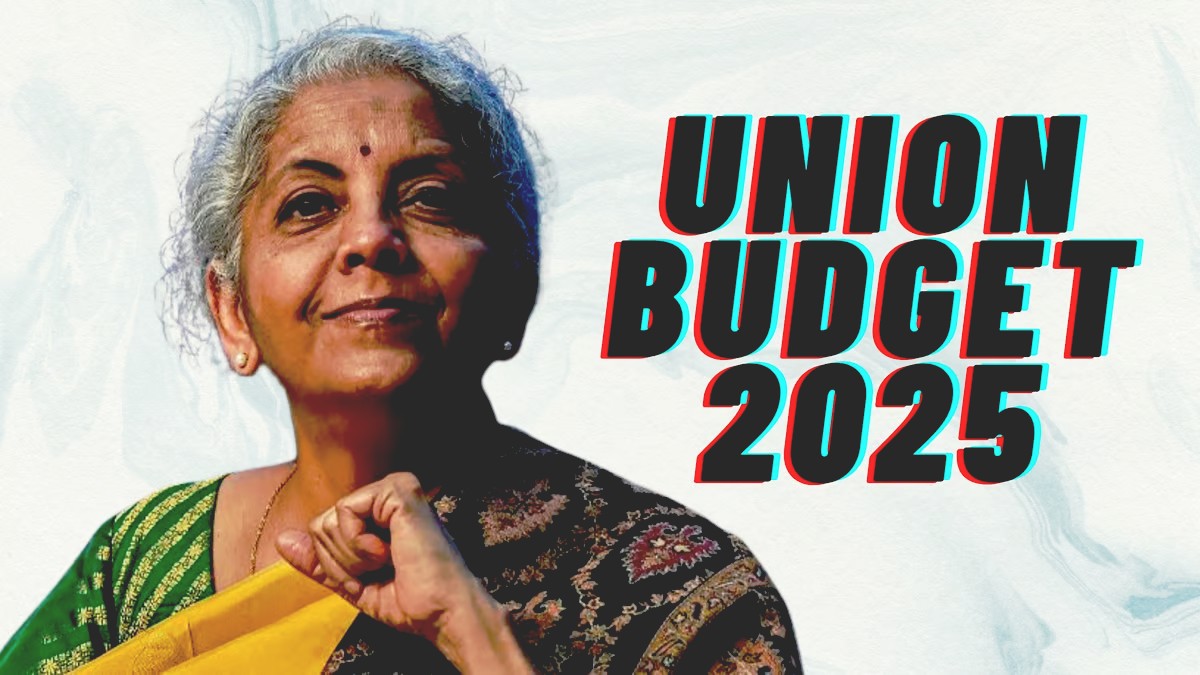The Union Budget for the financial year 2025-2026 or FY26 is slated to happen on Saturday, February 1, 2025.
This would be incumbent finance minister Nirmala Sitharaman’s record 8th budget.
Packaging Industry On Budget
As Sitharaman gears up to present her major budget, stakeholders in the economy include ordinary citizens and industry leaders alike.
The packaging industry, which plays a critical role in an industry that intends to grow on the lines of manufacturing and consumption, has expressed its intention to look at sustainability.
Mihir Banerjee, Secretary General, of Plastics Packaging Research & Development Centre (PPRDC), urged the government to prioritize allocations that enhance sustainability within India’s rapidly growing packaging sector, which was valued at USD 22.8 billion in 2022 and is projected to reach USD 36.29 billion by 2032.

As Sitharaman gears up to present her major budget, stakeholders in the economy include ordinary citizens and industry leaders alike.
| Photo Credit: PTI
Tax Benefits For Sustainability
Banerjee also issued some recommendations for the FM.
PPRDC’s key recommendations include providing tax benefits for eco-friendly materials, subsidies, and interest subventions for advanced recycling facilities, along with reducing GST on recycling machinery and the conversion costs of recycled granules.
Additionally, the PPRDC also suggested the government to allocate funds for R&D in sustainable packaging and introduce production-linked incentives (PLI) for biodegradable alternatives.
Subsidies To Attain Net Zero Goals
Further support, such as a 20 per cent subsidy on recycling equipment and allowing CSR investments in recycling infrastructure, could encourage private sector involvement and lower barriers for smaller entities.
The industry requires robust infrastructure to adopt a circular approach effectively. PPRDC recommends increased funding for Urban Local Bodies to establish automatic segregation plants and promote public awareness of solid waste management. Equally important is the integration of renewable energy and energy-efficient processes within the packaging industry to support India’s net-zero goals.
These measures, aligned with India’s ESG commitments, will bolster circular practices, reduce carbon footprints, and position India competitively in global markets. By accelerating the shift to sustainability across all sectors, India can foster economic growth and ensure a greener future.
Reduction Of GST
Raghunandan Saraf, Founder and CEO, Saraf Furniture said that The Union Budget 2025 is anticipated to bring some changes, incentives, and ideas within the eco-friendly structures, and designs of the packaging industry.
One of the primary expectations includes a reduction of GST on raw materials used for eco-friendly packaging so that these ideas can be widely applied.

Representational Image |
The expansion within the research and development branches should also be looked into, focusing on creating sustainable solutions such as biodegradable, recyclable and reusable materials.
Innovation In Focus
Solutions along these lines allow the government to reach their sustainability goals while still boosting innovation in the market. Allocating funds towards providing tax breaks or subsidies to manufacturers investing in green technology could assist in reducing the carbon footprint involved which in turn would enable the company to reach their global eco friendly standards.

Innovation and Domination
“The budget is expected to have policies that foster encouragement within eco-friendly packaging instead of being reliant on tools on wrappings and machines.”, added Pooja Choudhary, Founder, Lavanya The Label
Choudhary focused on encouraging PLI on the packaging division will facilitate investments as well as create job opportunities.
Measures To Aid MSMEs
According to Pooja Choudhary, one other measure worth considering is reducing the import taxes for advanced machinery and raw materials, which India does not manufacture, as this can enhance competition and lower costs of production.

Representative Image
In addition, the industry is supportive of the measures which will aid MSMEs as that is also a sizable segment of the packaging industry. Subsidies on interest, easier access to obtaining credit, and less complex regulations would encourage development.
The industry hopes that as far as the Union Budget 2025 is concerned, it will foster an ecosystem which encourages India to remain competitive in the global arena as far as sustainable practices, innovations, and manufacturing of packaging products is concerned.
